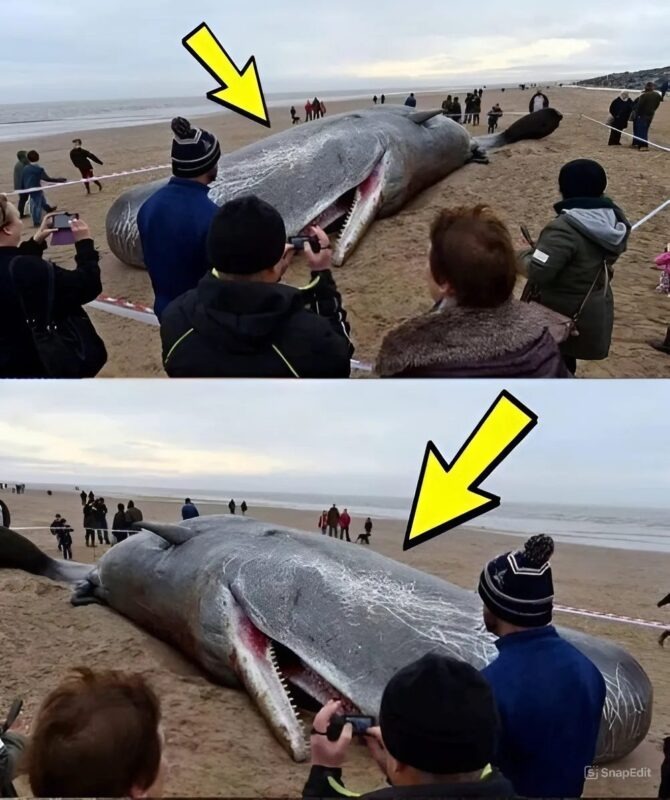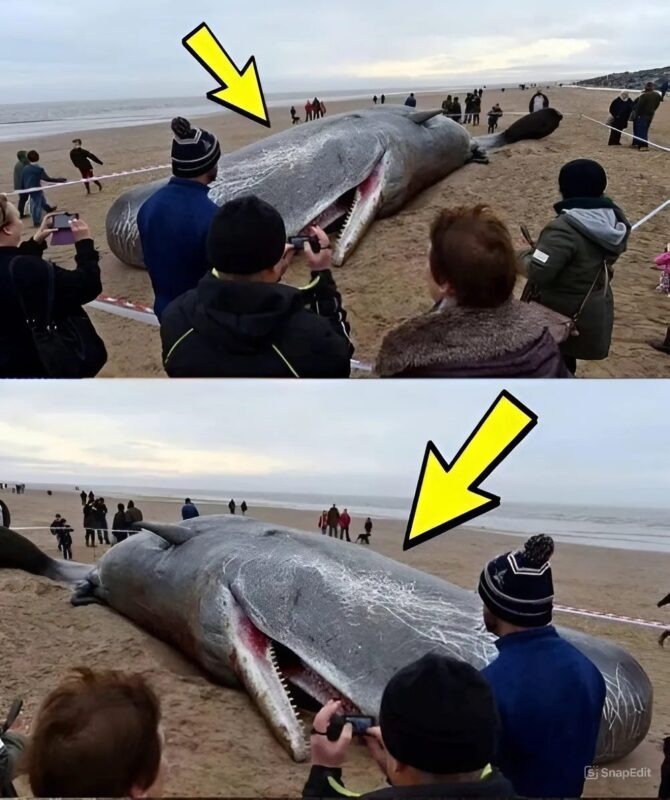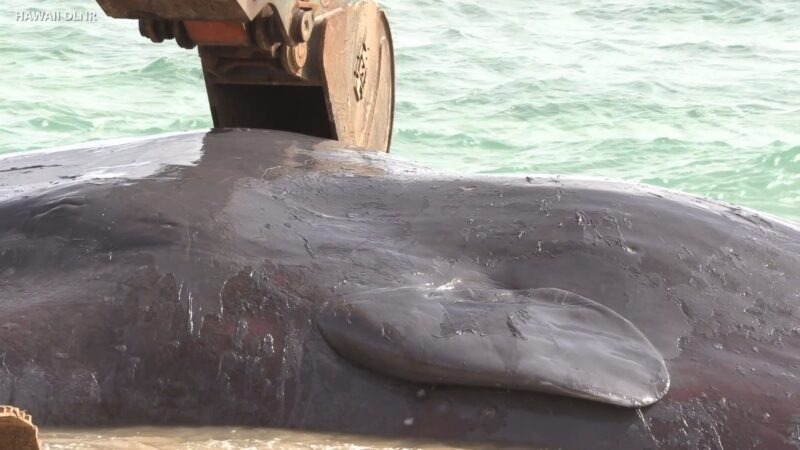When a young sperm whale washed up on a beach in southern Spain, scientists quickly stepped in to investigate the cause of its sudden death. What they found was both heartbreaking and alarming: over 66 pounds of plastic trash packed inside the whale’s stomach.
The 33-foot whale had stranded along the coast near Cabo de Palos in Murcia. Normally, sperm whales feed on squid, octopus, and small sharks—but this one had ingested something far more dangerous. Inside its stomach, researchers found plastic bags, straw wrappers, fishing nets, rope, and even a broken water container.
Experts believe the whale couldn’t digest or pass the debris, which likely caused a deadly blockage or severe internal infection.

“The amount of plastic in our oceans is one of the biggest threats to marine life,” said Consuelo Rosauro, head of the regional environmental department in Murcia. “Many animals either get trapped in it or accidentally eat it, and that often leads to a slow and painful death.”


It’s a stark reminder of the growing plastic crisis in our oceans. Right now, there are an estimated 150 million tons of plastic polluting the seas—and we’re dumping in another 8 million tons each year. For marine animals, this isn’t just a mess—it’s a matter of survival.





